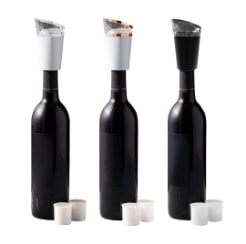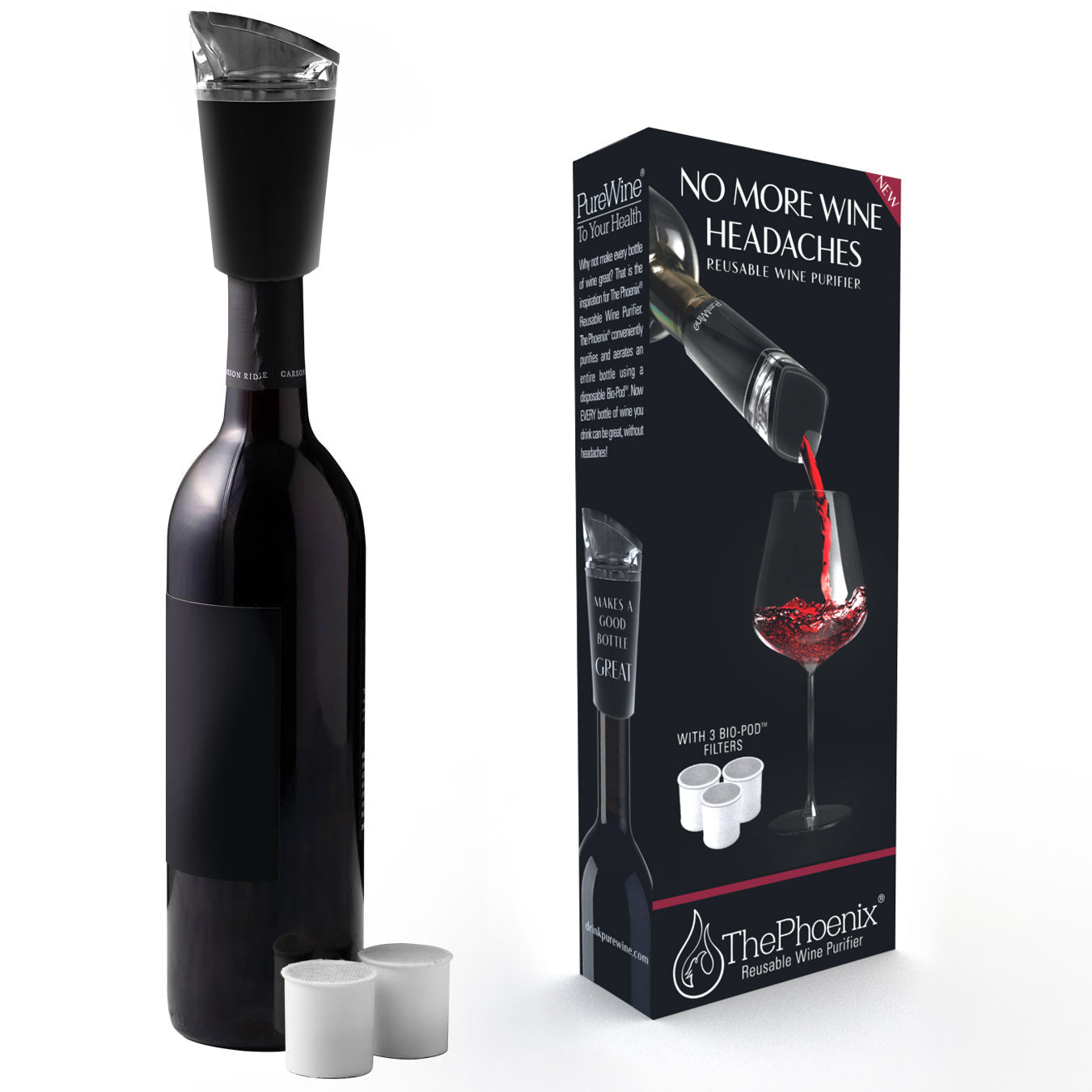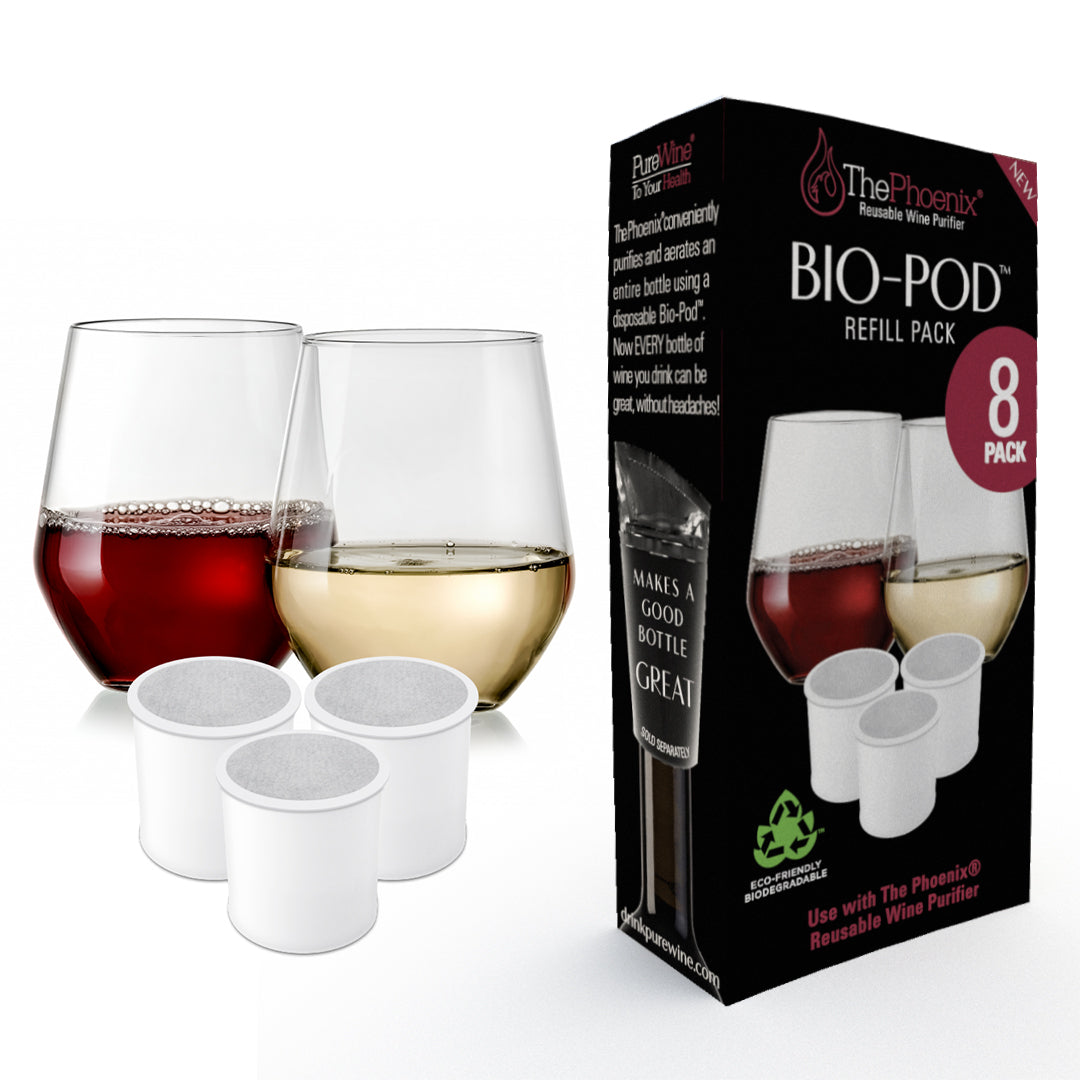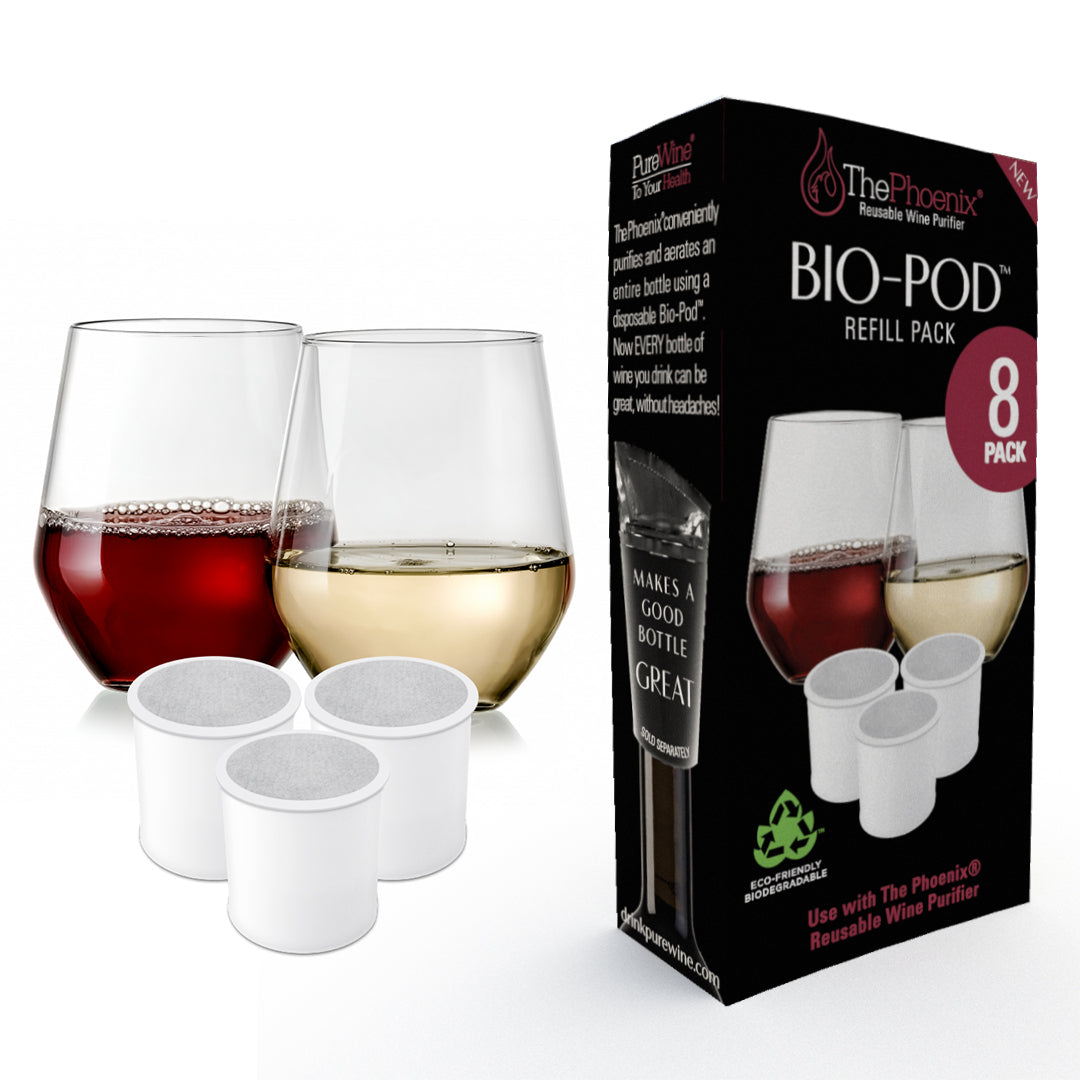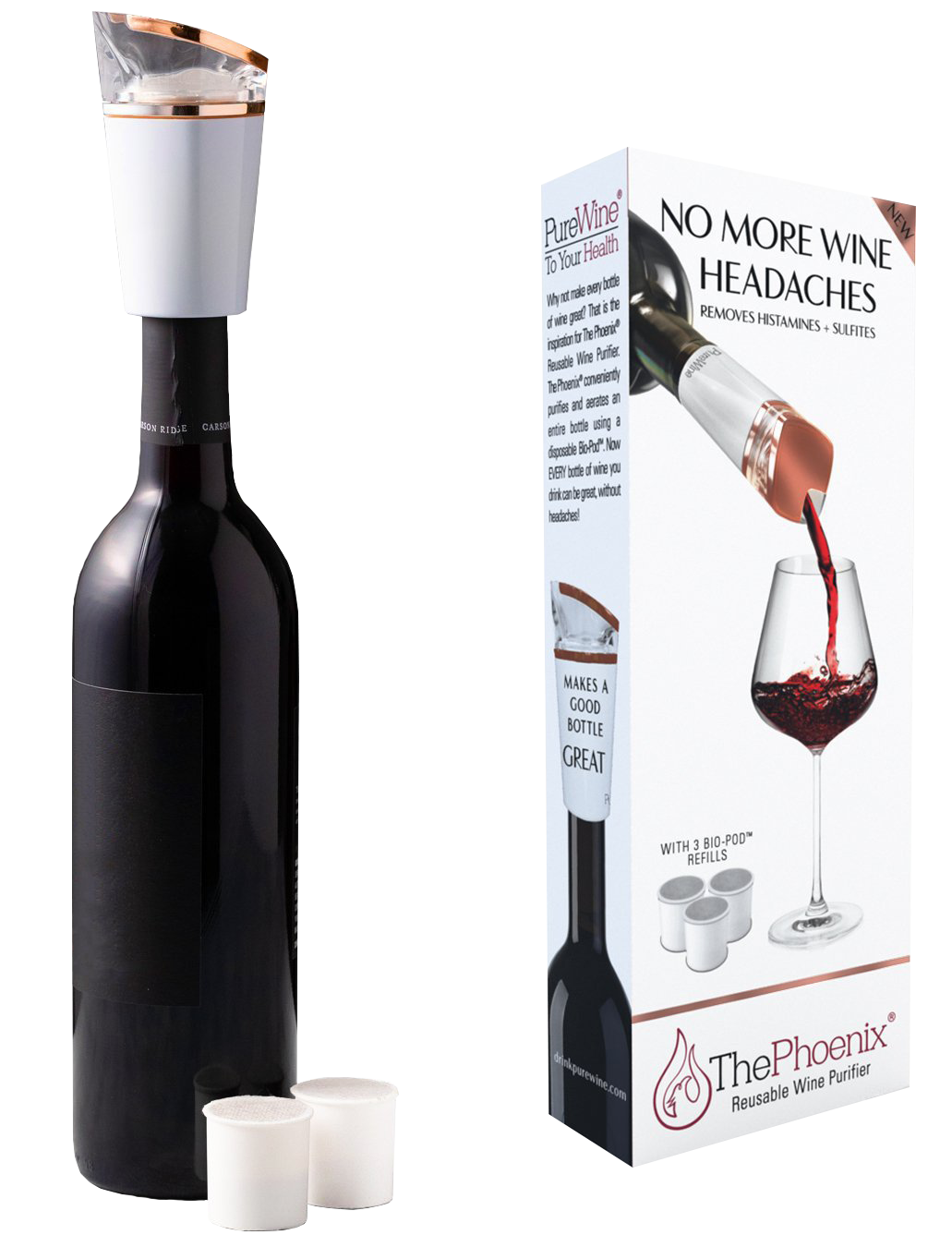Histamine Intolerance Symptoms: Causes, Signs, and Management
Histamine intolerance is a condition that affects a growing number of people worldwide. It occurs when when the level of histamine in our bodies cannot be properly controlled within normal physiological levels. When an excess amount of histamine accumulates in the body, it can cause a wide range of symptoms, ranging from mild to very severe, that can be confusing and difficult to diagnose.
What is Histamine?
Histamine is a chemical produced by the immune system that is vital to our overall health and wellbeing.
In this article, we'll explore the causes, signs, and management of histamine intolerance symptoms, so you can get the help you need to feel better.
What is Histamine Intolerance?
Histamine intolerance is a condition that occurs when there is an excess of histamine in the body. Histamine serves as a neurotransmitter and also a hormone that is produced by the immune system in response to allergens, injury, or infection. It plays a crucial role in regulating inflammation, immune response, the normal healing processes and also helps control our digestion processes.
When histamine is present in the body in too high amounts, it can cause a variety of “allergy-like” symptoms, including headaches, hives, itching, flushing, and gastrointestinal problems. While many people are able to maintain healthy levels of histamine in their body, some people lack the necessary enzyme activity to do so, leading to histamine intolerance.
What Causes Histamine Intolerance Symptoms?
There are several physiological and environmental variables that can contribute to histamine intolerance symptoms. Some of the most common causes include:
Genetics: Some people are born with genetic mutations that affect the enzymes responsible for regulating the levels of histamine in our bodies.
Gastrointestinal Issues: People with gut issues like inflammatory bowel disease (IBD), small intestinal bacterial overgrowth (SIBO), leaky gut, etc., have an increased risk of associated histamine intolerance.
Medications: Certain medications like non-steroidal anti-inflammatory drugs (NSAIDs) and antibiotics can disrupt the balance of gut bacteria and increase histamine levels in the gut.
Age: As we age, our body's ability to produce enzymes like diamine oxidase (DAO), primarily responsible for regulating histamine concentrations, can decrease dramatically.
Diet: Foods high in histamine or that trigger the release of histamine, such as fermented foods, citrus fruits, and alcohol, can worsen symptoms.
Histamine Intolerance Symptoms
The symptoms of histamine intolerance can vary widely from person to person, making it difficult to diagnose. However, some of the most common symptoms include:
Gut & Digestive Symptoms
• Diarrhea
• Abdominal pain
• Bloating
• Nausea
• Vomiting
• Constipation
Skin Symptoms
• Hives
• Itchy skin
• Flushing
• Eczema
• Psoriasis
Respiratory Symptoms
• Runny nose
• Sneezing
• Shortness of breath
• Wheezing
Cardiac Symptoms
• Rapid heartbeat
• Low blood pressure
• Irregular heartbeat
Circulatory Symptoms
• Dizziness
• Headache
• Fatigue
• Migraines
Psychological Symptoms
• Anxiety
• Depression
• Mood swings
• Brain fog
• Insomnia
Medical Treatments for Histamine Intolerance Symptoms
If you suspect that you have histamine intolerance symptoms, it's essential to talk to your healthcare provider. Your doctor may recommend testing for DAO enzyme levels, food or environmental allergies to confirm the diagnosis.
The most effective way to manage histamine intolerance is through dietary changes that can be rather dramatic. A low-histamine diet involves avoiding foods high in histamine, including aged cheese, fermented foods, certain alcohols, and citrus fruits. Your doctor may also recommend supplements like DAO enzymes, vitamin C, and zinc to help your body more effectively regulate histamine concentrations.
In some cases, antihistamine medications may be prescribed to help relieve symptoms like itching and hives. However, these medications are not a long-term solution and can have side effects such as drowsiness, low blood pressure, rapid heart rate, dizziness..
Histamine Intolerance Symptoms and Wine
Due to the histamines that occur naturally in grapes, drinking wine can trigger a number histamine symptoms listed above. Fortunately, PureWine have developed a patented method of removing histamines from wine without changing the taste, color or viscosity of the wine. Check out our product pages and reviews to learn more about how you can enjoy wine without the side effects and symptoms of histamine intolerance.
Histamine Intolerance Symptoms - Conclusion
There is a growing awareness of the symptoms associated with histamine intolerance. A wide range of factors can impact the frequency and severity of these symptoms. It often requires specially trained medical professionals and a variety of diagnostic test to properly diagnose histamine intolerance and develop customized treatment approaches for a specific patient. However, with the right combinations of medications along with dietary and lifestyle changes the symptoms can be successfully managed.
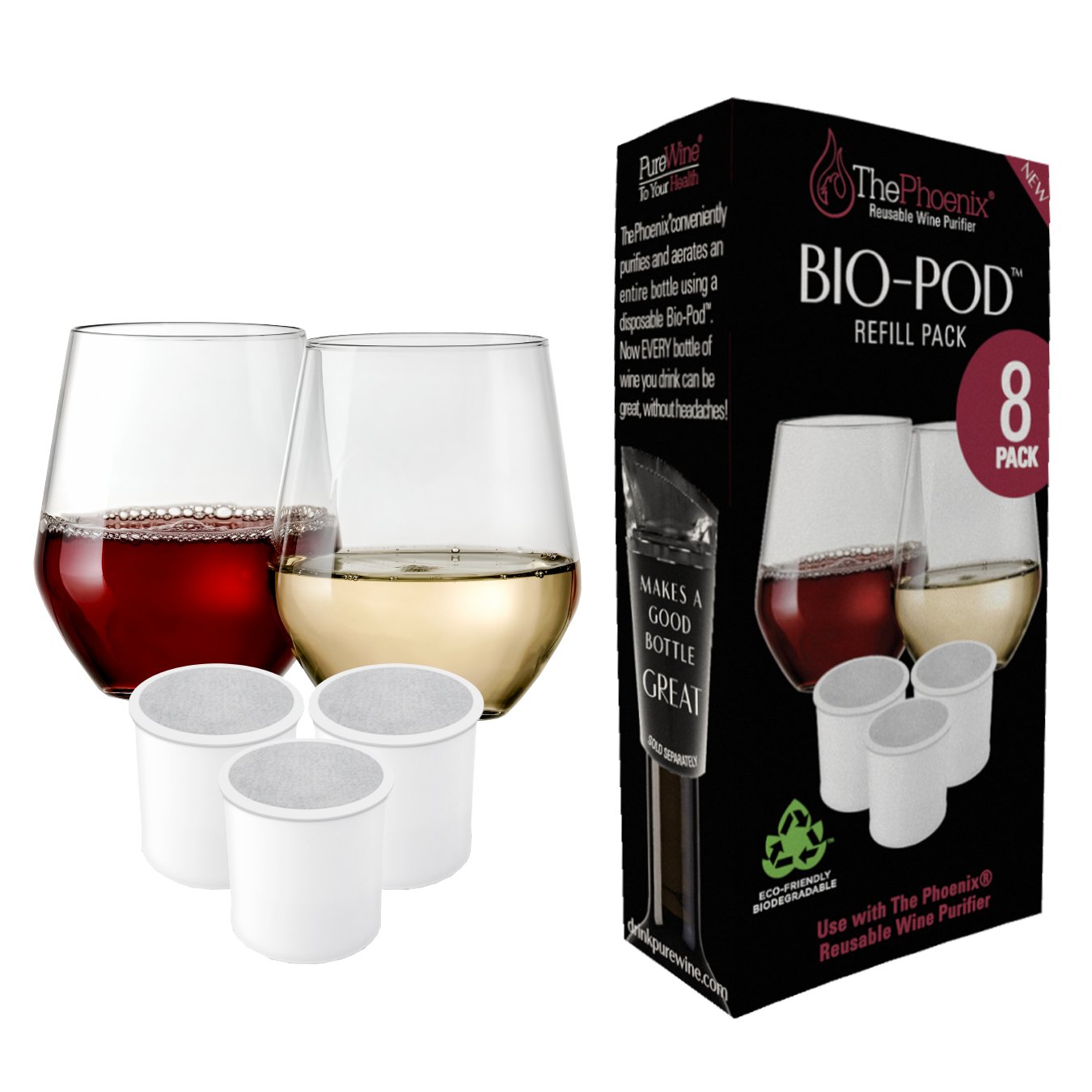
 (20 reviews)
(20 reviews)

